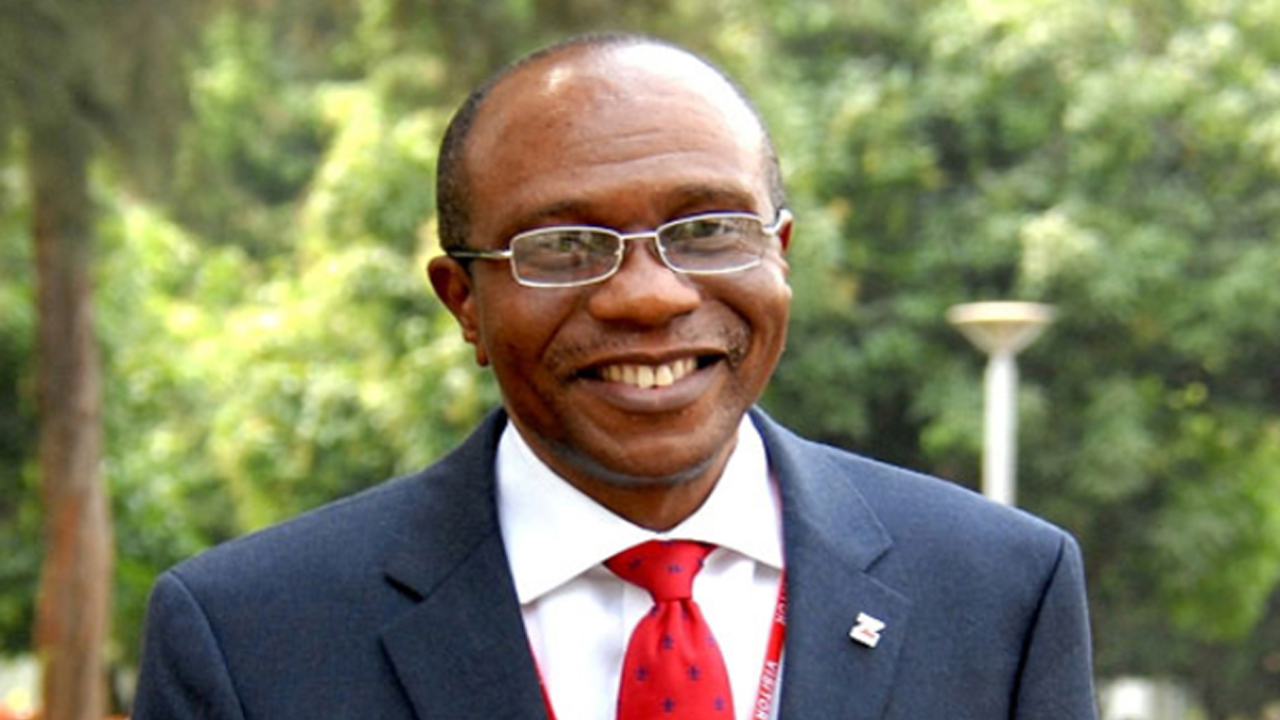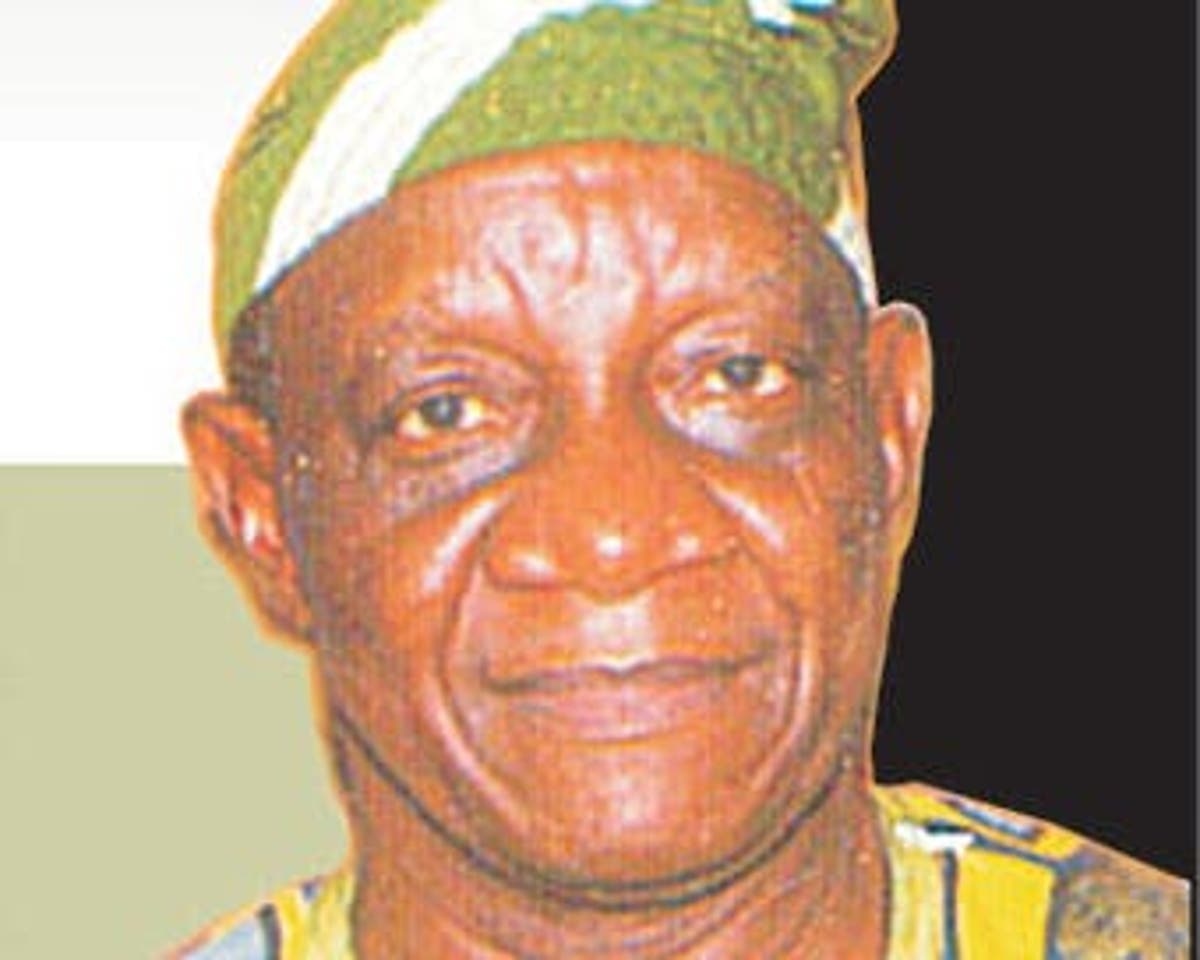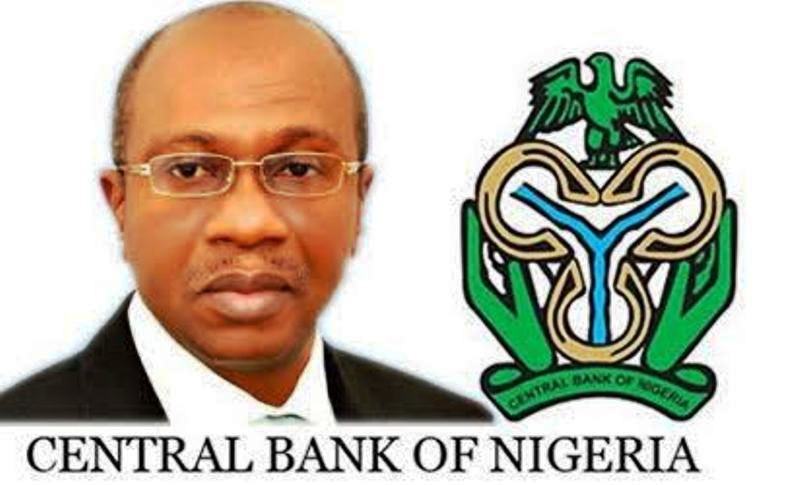“It aint the things you don’t know that cause the problem. It’s the things you think you know that just aint so.” Ralph Waldo Emerson, 1803-1882, VANGUARD BOOK OF QUOTATIONS, VBQ, p 117.
Ask a thousand people across all segments of the Nigerian society who to blame for the turmoil in the foreign exchange market today. The vast majority will probably answer Central Bank of Nigeria, CBN. They do so because the CBN is the organ established to inform us how well or badly our economy has been managed by the Presidency and the National Assembly acting together. It is also solely, or should be, responsible for determining monetary policy, including management of foreign exchange in a complimentary manner to the fiscal policy with which the Executive and legislative branches are charged. Unfortunately for Nigerians, the Buhari/APC government we elected in 2015 and re-elected in 2019, either lacks competence in formulating fiscal policy; or simply has not bothered to think of establishing a coherent set of measures which will give direction to the management of the economy.
“For every folly of their [political leaders in Abuja], [Nigerians] now feel the lash.” Horace, 65-8 BC, VBQ p 61.
The first major blunder we committed was to elect a President who was, and is still, not familiar with the basic principles of economics; who is still confused by them; and who does not understand that decisions made by his government have consequences – and not necessarily those he intended. He certainly does not know how to manage an annual budget and has failed to establish mechanisms for internal controls which would prevent massive collected revenue leakages. Thus, the President proposed six budgets, promising gross revenue each year; and he is not embarrassed that less than 65 per cent of the planned revenue is achieved each and every year. Only a leader wedded to the past could have allowed that situation to continue for more than two years without taking drastic action – including, but not limited to, cabinet shake-up and appointment of new Economic Advisers.
The choice and retention of his Vice President as the Head of the Economic Management Team was probably the worst of all the decisions made by Buhari. Osinbajo is indisputably a great lawyer. But, he is not an economist. Till today, Buhari has refused to make a change in that regard. I hold my head in total agony each time the VP makes a pronouncement on economic issues. It is easy for professional economists to see that here is an extremely brilliant person cast in the wrong role. Nigerians are paying dearly, and will pay more henceforth for that grave mistake.
It is possible that, among world leaders with World Class economists to choose from, only Buhari would appoint those who had been his Ministers of Finance. The whole world pays the most attention to three appointments by a President – the Minister of Defence, Foreign Affairs and Finance (or Treasury). They have the most exposure to the rest of the world; and their qualities determine how the world assesses the entire cabinet. The Minister of Youth and Sports can send athletes to Japan only to be banned from participation; and the world is just amused. Nobody, except the sports people loses anything. None of the big three can commit such a serious error for the world to see without repercussions.
Buhari’s Ministers of Finance should not even be Commissioner in Lagos State – given their shallow knowledge of Public Finance. Thus, when the Minister of Finance recently declared that Nigeria will continue to borrow, she had inadvertently underlined the difference between Buhari and another more purposeful leader who said “The world does not owe us a living. We cannot live by the begging bowl.”…p 53 (Lee Kuan Yew, Prime Minister of Singapore, in his best seller, FROM THIRD TO FIRST WORLD IN ONE GENERATION). Singapore actually borrowed more than Nigeria. But, the loans were taken for investment in projects which generated more than sufficient revenue to repay the loan and produce more funds for other investments. Nigeria borrows largely for consumption. Even the infrastructures don’t generate revenue. Ourexpressways are toll-free. There is no toll-free highway in Singapore. The difference is clear from the condition of the roads in the two countries.
There is no need to list seriatim all the deficiencies of an Executive branch which has largely vindicated Emerson who told us that “An institution is the lengthened shadow of one man.” The Federal Government is Nigeria’s premier institution. It is headed by Buhari. Our economy can never develop better or faster than the man. We know his qualities; just as we knew Yew’s.
When the French philosopher, Voltaire, 1694-1778, said “Legislators have the first place in the temple of glory..”, there was no country called Nigeria and no National Assembly in Abuja. It is doubtful if Voltaire or any objective observer of the Nigerian National Assembly, now sitting, will offer them a seat in any temple of glory. More likely it will be benches in the hall of shame. Where else in the world will members of the House of Representatives announce, without shame or remorse that “Nigeria losing $30bn annually from revenue leakages –REPS, June 29, 2021.” In other words, the Presidency, the EFCC and the NASS annually allow five times more funds to be stolen under their noses than Buhari is allowed by the Senate to borrow. Another interpretation of that irresponsible statement could be that the FG borrows dollars externally to hand to thieves in the Executive branch for the generality of Nigerians to repay.
Apparently, a favourite looting establishment is the Nigeria Ports Authority, NPA, whose former Managing Director the FG recently told a court had been sacked. That is like closing the ranch gate after many of the cattle have escaped.
Our files are bulging with information about nefarious activities at the NPA during the tenure of Ms Hadiza Bala-Usman who headed a parastatal which is a dollar mint. But, not all of it reaches Abuja. Let me serve you some of the instances of leakages at NPA. Then, you might believe me that the blaming the CBN amounts to blaming the victim. Here they are.
1. Hadiza Bala-Usman: FG investigates fresh N3,6bn, $150m non-remittances by NPA.
2. Reps invite Amaechi over NPA’s unaccounted N166.9bn.
3. Auditor-General queries NPA’s N44bn unremitted tax, N88bn admin spending (for 2018).
As alarming as these revelations are about the NPA, the reader must understand that these represent only a fraction of the questionable activities, leading to revenue leakages for two to three years. A deep probe of the NPA during her entire tenure as MD will probably uncover more evidence of leakages.
This first part will end by pointing to the role the Ministries of Justice, Information and the EFCC play in covering up grand larceny in Abuja.
“Illegal oil deals: FG to expose officials behind $69bn loot in US banks.”
That report was in May. We are starting August and nobody has been named. Obviously, if the FG had not allowed $69bn crude to be stolen, Nigeria would not be going about with the begging bowl; and we will not have huge external debts to repay; and the exchange rate might drop to as low as N200/US$1.
Let’s be fair; stop blaming Emefiele. Point accusing fingers in the direction of the Three Arms Zone. They are responsible for the mess we are in.








